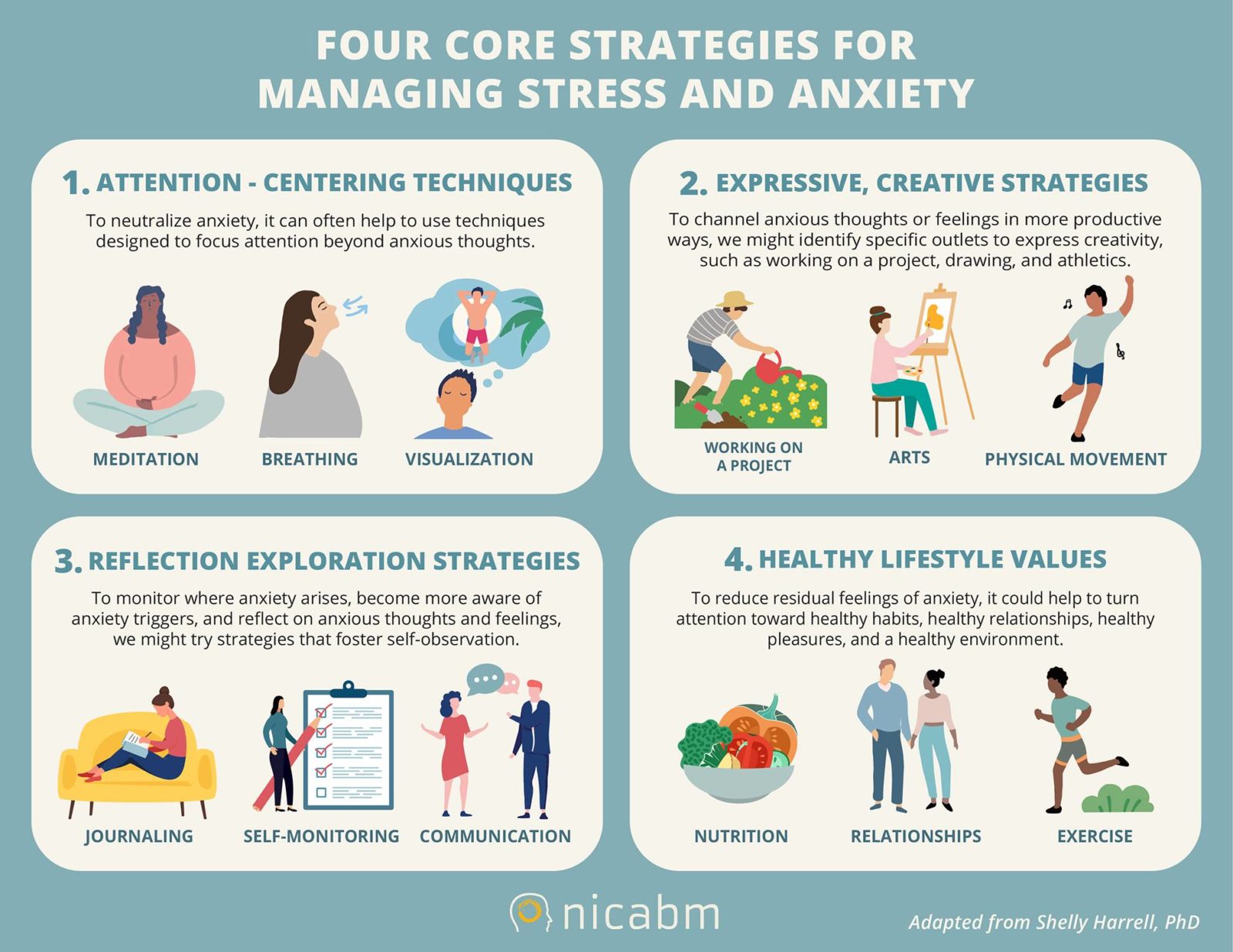 The last month has been hard. Fear and anxiety of “the unknown” can be overwhelming and cause strong emotions in adults and children. Coping with stress will make you, the people you care about, and your community stronger.
The last month has been hard. Fear and anxiety of “the unknown” can be overwhelming and cause strong emotions in adults and children. Coping with stress will make you, the people you care about, and your community stronger.
Sara Hatch, Director of ESD 112’s new Spero Program for mental health, recommends these 5 tips for managing stress and anxiety during this time:
1. Focus on things you can control
Our attitude, eating healthy, getting exercise, daily chores, getting enough sleep are just some of the things we can control during this stressful time.
“Everything can be taken from us but one thing: the freedom to choose our attitude in any given set of circumstances.” – Viktor Frankl, Austrian Psychiatrist and Holocaust Survivor.
Taking care of your emotional health during an emergency will help you think clearly and react to the urgent needs to protect yourself and your family. Self-care during an emergency will help your long-term healing.
Visit the CDC’s Self Care webpage for great resources to help you take care of yourself and your family’s emotional health.
2. Just think about today and tomorrow
Daily meditations are great way to center yourself and help lower your stress. Healthjourneys.com is a website with free daily guided meditations for both kids and adults.
There are also tons of apps out there for mindfulness, stress relief, getting better sleep, etc. A popular one is Headspace.com and you can get it in the app store or google play to have on your phone. There is a cost for this program, however they are offering free access right now through 2020 to healthcare professionals (they need to have an NPI number) and educators! Sara Hatch strongly recommends this app!
3. Make physical movement/exercise/getting outside (safely of course) part of your daily routine
YouTube.com has several videos for kids and adults to encourage movement. However even just getting a breath of fresh air while walking around the neighbor hood can help improve your mental health. Just make sure you are still practicing safe social distancing guidelines.
4. Stay connected to family and friends
Social distancing can leave many children, adults, and especially our senior citizens feeling vulnerable to social isolation. Daily or weekly phone calls, video chats, and even old fashioned letter writing (or emails) will help you feel connected even when you can not physically be with your loved ones.
5. Limit daily exposure to news and media and intentionally seek out POSITIVE news and stories
One of the consistent recommendations is to stay informed but to LIMIT the amount of time you’re reading all the Coronavirus news right now. Sara recommends this article from Greater Good Magazine on being intentional about consuming Coronavirus news.

Resources for Crisis Support
If you are finding that you or your family members need to talk to someone professionally, or would like counseling and guidance during this time, we encourage you to take advantage of our Employee Assistance Program. This is free to ESD 112 employees and their family members.
You may also call your local county crisis line to request assistance for you or a friend or family member 24/7/365. See a table of crisis lines by county for Washington State and Oregon State on their websites.
Lastly, National Suicide Prevention Lifeline ( 1-800-273-8255) provides 24/7, free and confidential support for people in distress, and prevention and crisis resources for you or your loved ones.


Leave A Comment